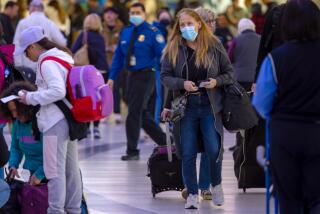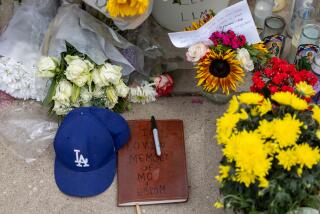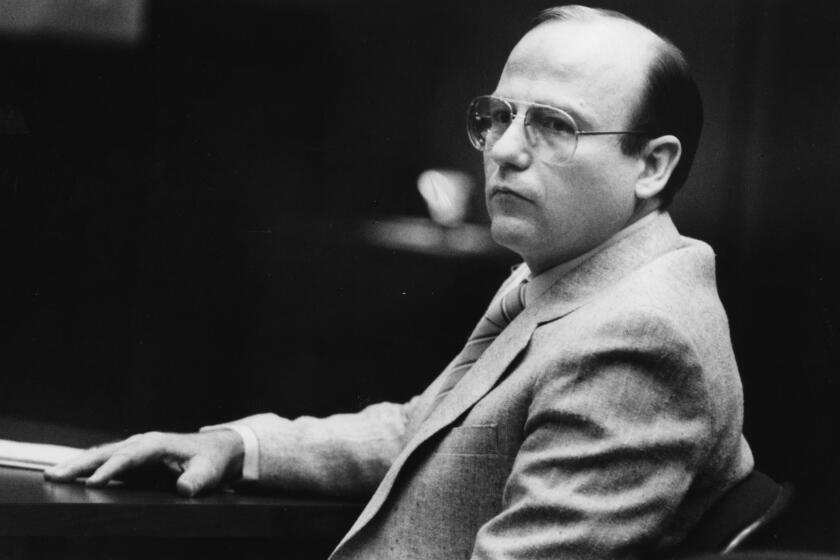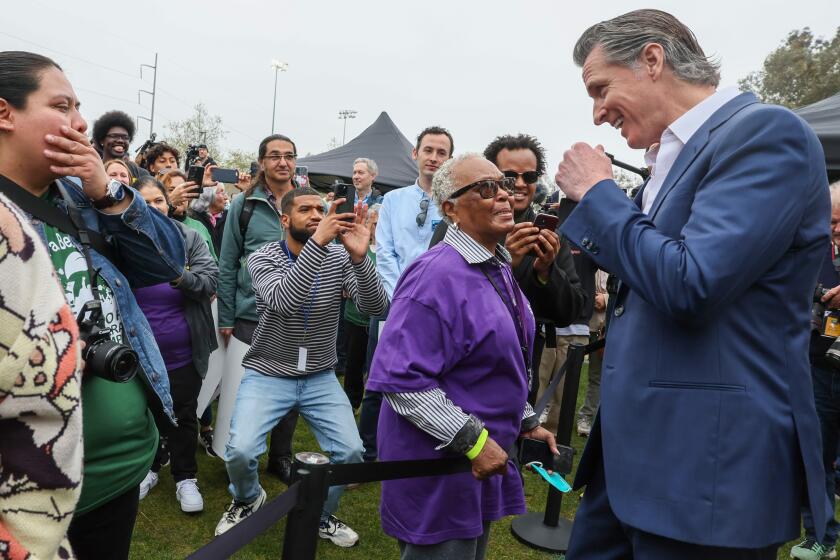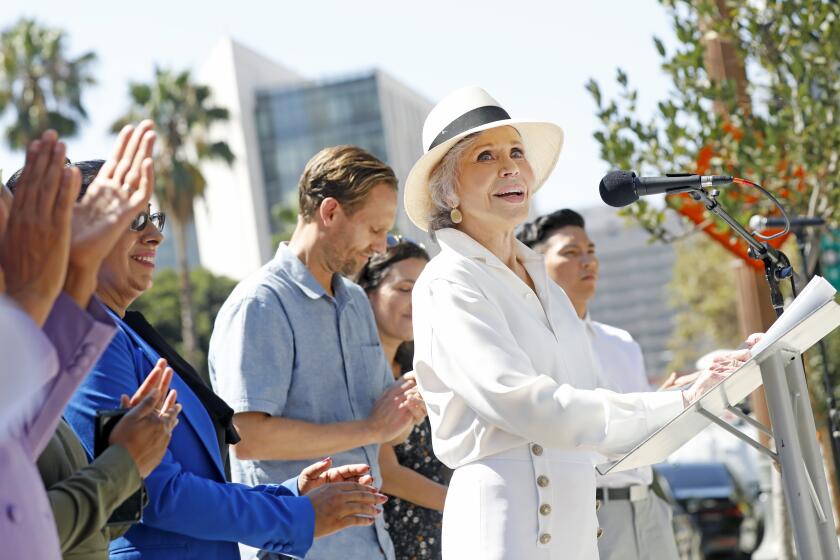L.A. County Cities Join Forces on AIDS Policy
Los Angeles Mayor Richard Riordan and leaders from nearly half the cities in Los Angeles County launched Tuesday what they said was the nation’s first intergovernmental AIDS policy committee.
Riordan invited mayors and leaders from all 89 cities, along with the five county supervisors, to the first meeting Tuesday morning to discuss pooling resources and expertise in AIDS relief. About 40 leaders participated.
The regional intercity agency would be the first of its kind to address AIDS policies, offer technical assistance and coordinate programs, said Phill Wilson, director of policy and planning for AIDS Project Los Angeles.
According to the county’s Health Services Department, 50,000 people in the county are living with HIV, the virus that causes AIDS.
The rate of infection among intravenous drug users in Los Angeles County is about 10%, Wilson said, compared to 50% in New York. To take advantage of a “unique opportunity to get in front of the wave,” Wilson is pushing to include broad-based needle exchanges as part of AIDS prevention efforts.
“We in government must ask ourselves how we are making provisions for . . . [health care] in the workplace, housing, federal and state mandates, transportation, consumer protection and law enforcement,” Riordan said.
The group will meet quarterly and prioritize its goals, likely concentrating on protocol for housing and AIDS in the workplace, said Mary Lucey, the city’s AIDS policy analyst.
The city of Los Angeles has paid $100,000 in salaries and administrative costs for the committee’s first fiscal year. Riordan said he hopes other cities, such as Santa Monica or Long Beach, will help with funds in the future.
The committee will soon host a seminar in Los Angeles for mayors from dozens of cities in the western states, Riordan said.
Creating a way for smaller city governments to learn from larger ones is an innovative approach, said representatives of national AIDS organizations.
“The cities will get to see the programs that have worked, instead of making mistakes people made early on,” said Troy Petenbrink, spokesman for the National Assn. of People With Aids, based in Washington, D.C. “They won’t have to reinvent the wheel.”
Regina Aragon, public policy director for the San Francisco AIDS Foundation, agreed, adding that such mentoring is needed because “the growth in new [AIDS] cases in smaller suburban areas is significant.”
Dennis Washburn, the mayor of Calabasas, an affluent town of 25,000 on the western edge of the San Fernando Valley, told the committee he was affected by a neighbor who committed suicide after getting AIDS.
“We’re all in the same canoe,” Washburn said later. “Just because my end of the canoe doesn’t have a hole in it doesn’t mean we’re not going down.”
More to Read
Start your day right
Sign up for Essential California for news, features and recommendations from the L.A. Times and beyond in your inbox six days a week.
You may occasionally receive promotional content from the Los Angeles Times.
